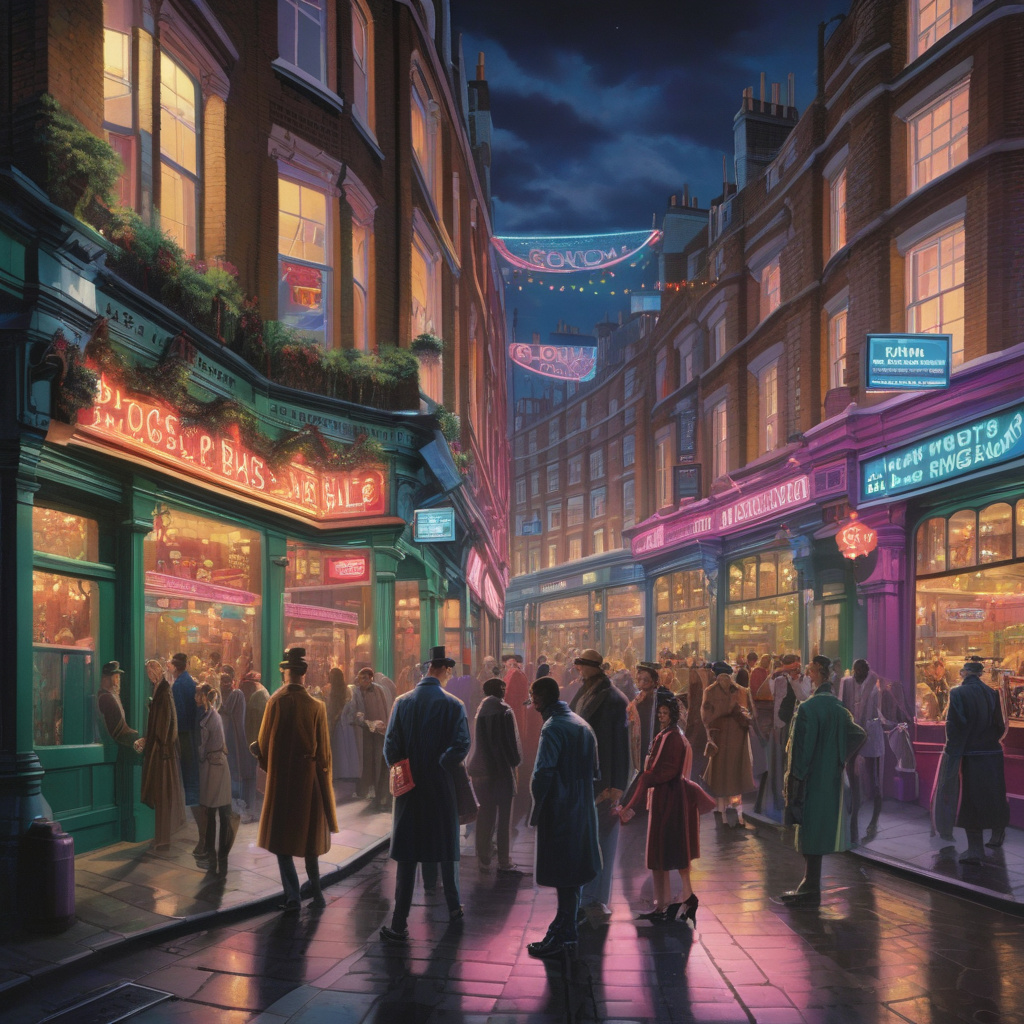London’s night economy thrives as retail sector declines
In the bustling city of London, a shift in economic trends is becoming increasingly evident. While the retail sector continues to face challenges, particularly in the wake of the pandemic, the night economy is experiencing a significant upturn. With retail jobs remaining 5% down since the onset of the global health crisis, the hospitality industry, a key component of the night economy, has seen a steady 2% annual increase in employment.
The rise of London’s night economy is a testament to the city’s resilience and adaptability in the face of adversity. As consumer behaviors and preferences evolve, businesses have been forced to reevaluate their strategies and offerings to stay afloat. The night economy, encompassing a wide range of businesses such as bars, restaurants, clubs, and entertainment venues, has emerged as a beacon of hope in an otherwise challenging economic landscape.
One of the key drivers behind the success of London’s night economy is its ability to cater to changing consumer demands. With an increasing number of people seeking unique and immersive experiences, the night economy has capitalized on this trend by offering a diverse array of entertainment options. From themed pop-up bars to interactive dining experiences, businesses within the night economy have been quick to innovate and differentiate themselves from traditional retail establishments.
Furthermore, the night economy has proven to be a major source of job creation in London, providing employment opportunities for a wide range of individuals. From bartenders and waitstaff to performers and event organizers, the night economy relies on a diverse workforce to deliver memorable experiences to patrons. As the sector continues to grow, so too do the prospects for job seekers looking to break into the hospitality and entertainment industries.
In addition to driving employment growth, the night economy also plays a vital role in stimulating local economies and driving foot traffic to other businesses. As people flock to bars and restaurants for a night out on the town, they are also likely to visit nearby shops, cafes, and attractions. This symbiotic relationship between the night economy and other sectors helps create a vibrant and dynamic cityscape that benefits businesses of all kinds.
Despite the challenges faced by the retail sector, there is much that traditional retailers can learn from the success of London’s night economy. By prioritizing customer experience, embracing innovation, and staying attuned to changing market trends, retail businesses can position themselves for long-term success in an ever-evolving economic landscape. Whether through the introduction of experiential retail concepts or the integration of digital technologies, retailers must be willing to adapt and evolve to meet the needs of today’s consumers.
As London’s night economy continues to flourish, it serves as a compelling example of the power of resilience and innovation in driving economic growth. By embracing change and staying ahead of the curve, businesses in all sectors can chart a course for success in an increasingly competitive marketplace.
London, night economy, retail sector, decline, pandemic.
